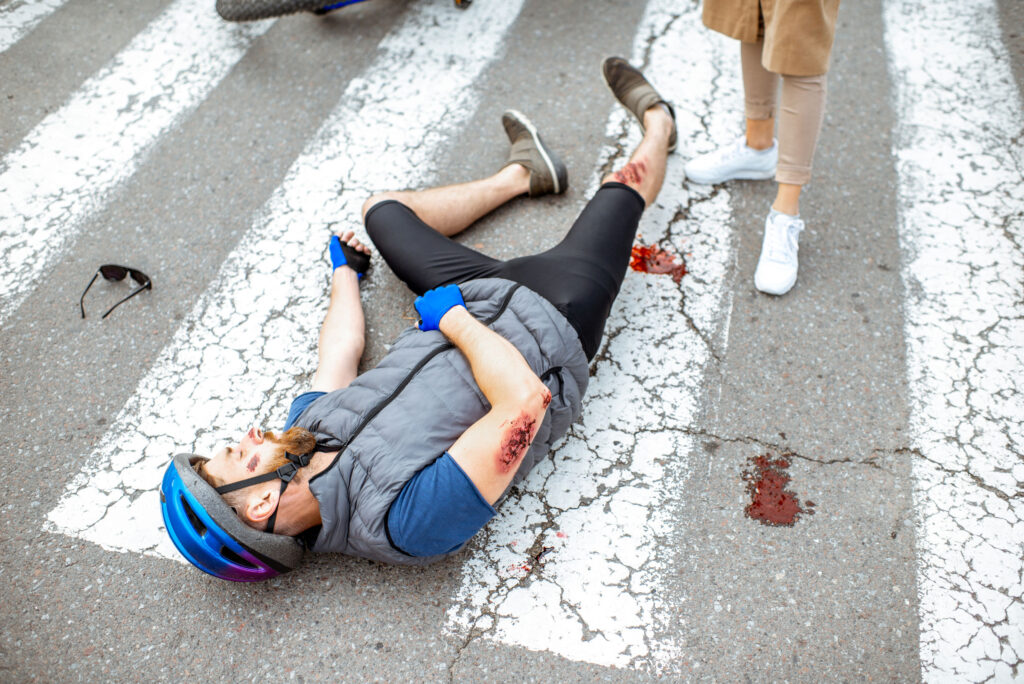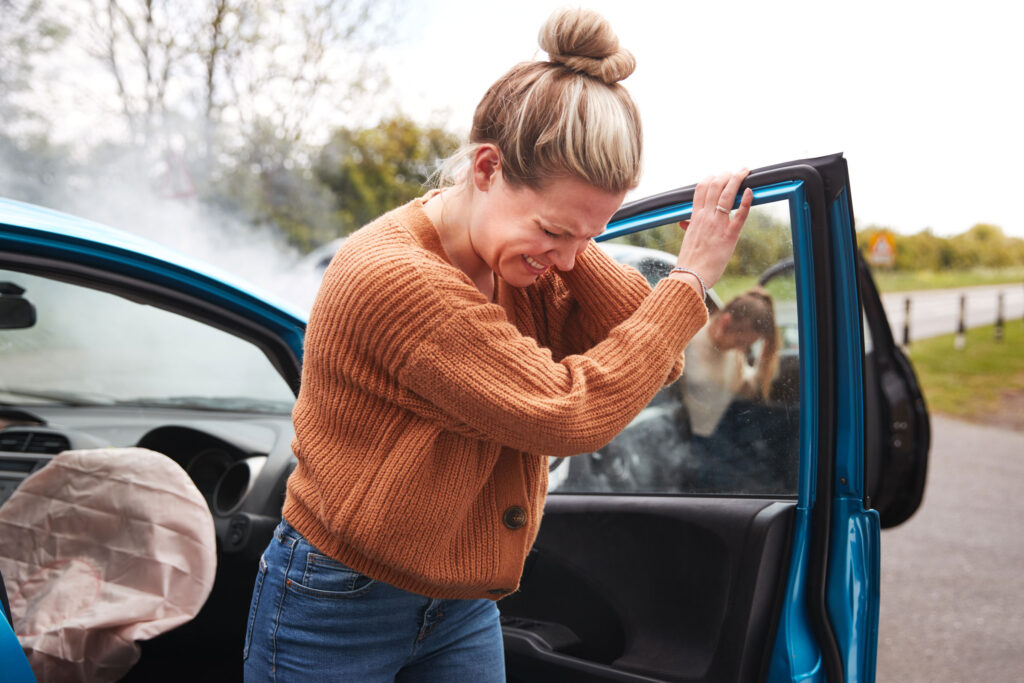The things you say and do in the aftermath of a car accident can play a big role in the way your eventual settlement or lawsuit plays out. Anything you say can be taken as a statement – and if you apologize, admit liability or refuse medical help, you could jeopardize your own financial and physical wellbeing.
What NOT to Say After a Car Accident
Your words after an accident matter, whether you say them to the other party, the authorities or even your own mobile device. Strike these phrases from your vocabulary in the aftermath of an accident to protect your rights and fiscal wellbeing.
“I’m Sorry”
It seems like the polite thing to do, but using the word “sorry” in pretty much any context is a bad idea after a crash. This may seem like a simple courtesy and even be something automatic you feel you should say, but it can be used against you later and even taken as an admission of partial liability or guilt for the accident. A witness that hears you apologize could think you are saying you are to blame, and that could damage your case later.
“I don’t need a doctor”
If medical help is offered, accept it; this is not the time to be stoic or tough. EMS is there for a reason and you need prompt treatment, particularly if you have whiplash or a head injury. Since some injuries are not readily apparent, getting medical treatment is essential for your health; this will also document your injuries for a settlement or lawsuit later.
“You won’t believe what happened to me”
Social media is becoming more relevant than ever, so resist detailing your accident online. The words you choose to share on Facebook, Twitter or another social network could be used against you later. This information may feel private, particularly if your circle of friends is small, but oversharing on social media can wreck your case.
What you CAN Say After an Accident
As long as you don’t accept blame or apologize, you can be polite and you can ask the other driver and passengers if they are injured. You can call for assistance for your own passengers or those in the other car but stick to the facts and describe any injuries if asked, but do not say anything that could place you as the responsible party.
You can also exchange contact details with the other party as you wait for police to arrive. When police get there, you can answer questions factually and describe what happened. If the police believe the other party is to blame, they may speak to them first; resist interrupting or correcting them. Providing honest and correct information will help your case and ensure that the record is accurate.
Knowing what to say (and what not to say) after an accident can help preserve your rights and ensure that you are treated fairly by all parties. Learning what to do before you ever get into a crash makes it easier for you to cope with the aftermath. If you have been in an accident and are concerned about your wellbeing or finances or how you are being treated by the other side, we can help. Contact Harshbarger Law right away to talk about your case and get the help you need to move forward.


